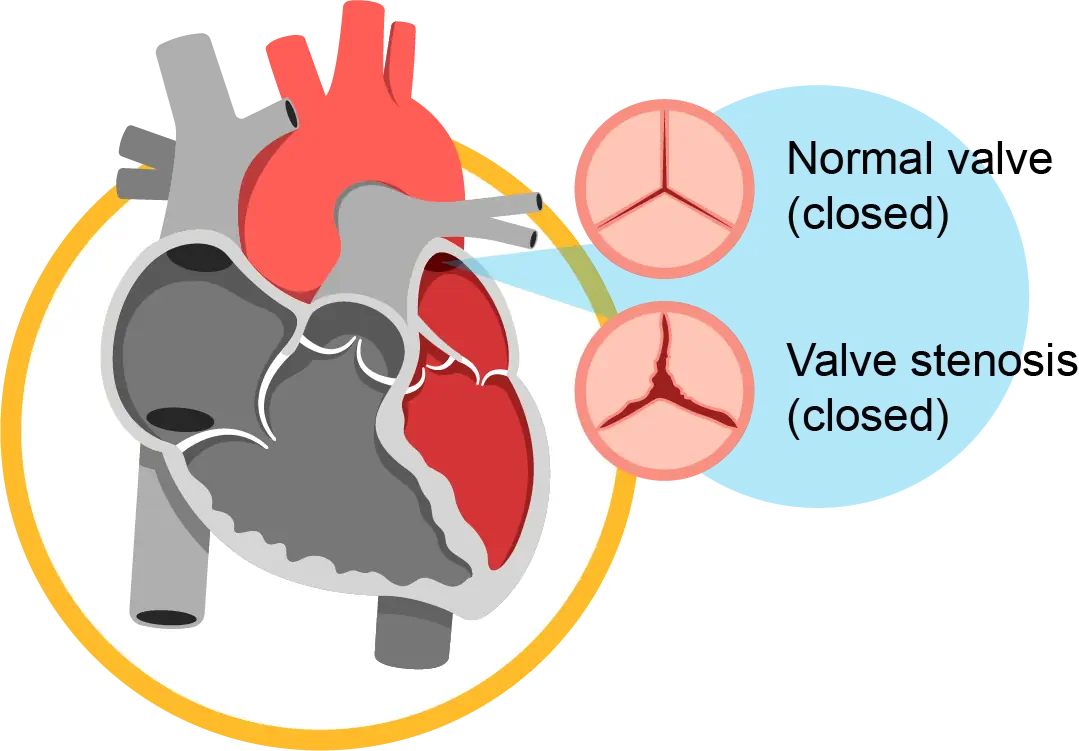
Valvular heart disease results from damage to one of the four heart valves (tricuspid, mitral, pulmonary, or aortic).
Causes
Although valvular heart disease may be a congenital disorder, it is frequently acquired later in life. Causes may include:
Signs and symptoms
There may be no symptoms in certain cases of valvular heart disease. Valvular heart disease, however, can have serious implications in severe cases. The most typical signs and symptoms include:
Risk factors
Diagnosis
Treatment options
The course of treatment is determined by the severity of the condition. You may not require treatment if the condition is minor.
Options for treatment may include:
Prevention
Maintain a healthy lifestyle to reduce your risk. Here are some steps you can take:
Visit your nearest Gleneagles Hospital to learn more about our Cardiology Services
References:

Wait a minute